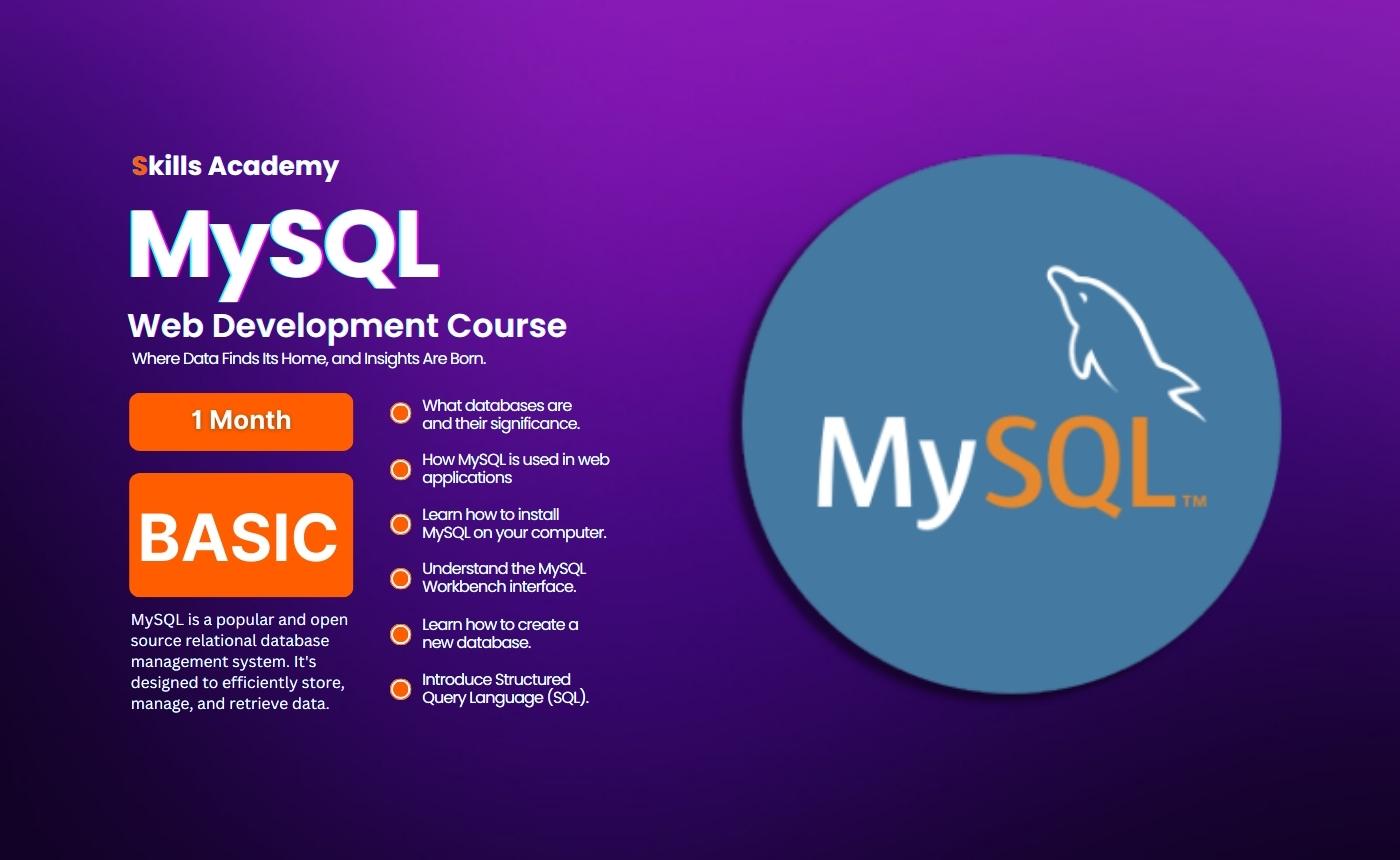Welcome to the “WordPress Basics in 30 Days” course! Over the course of one month, you will dive into the fundamentals of WordPress, one of the world’s most popular and user-friendly content management systems (CMS). Whether you’re entirely new to website development or have some prior experience, this course will empower you to create and manage websites with ease.
WordPress is a widely popular, user-friendly, and open-source content management system (CMS) that powers millions of websites and blogs worldwide. Initially designed for bloggers, it has since evolved into a versatile platform for creating a wide variety of websites, from personal blogs to e-commerce stores, corporate websites, and more.
Here are some key points to understand about WordPress:
- User-Friendly: WordPress is renowned for its ease of use. You don’t need advanced technical skills to create, manage, and update content on a WordPress website. Its intuitive interface and straightforward tools make it accessible to beginners and experienced users alike.
- Open Source: WordPress is open-source software, meaning it is freely available for anyone to use, modify, and distribute. This has led to a thriving community of developers, designers, and users contributing to its growth.
- Customizable: WordPress offers a vast library of themes and plugins that allow users to customize the look and functionality of their websites. Whether you’re looking for a simple blog or a complex e-commerce site, you can find themes and plugins to fit your needs.
- Content Management: With WordPress, you can effortlessly create, edit, and organize content. It uses a block-based editor, allowing users to build pages and posts using a drag-and-drop interface.
- SEO-Friendly: WordPress is designed with search engine optimization (SEO) in mind. It provides tools and plugins to help improve your website’s visibility in search engine results.
- Community and Support: The WordPress community is vast and supportive. You can find documentation, forums, and online resources to assist you in your WordPress journey.
- Security: WordPress takes security seriously. Regular updates and security plugins are available to protect your website from threats and vulnerabilities.
- Scalability: WordPress is scalable, making it suitable for small personal blogs and large corporate websites alike.
- E-Commerce Capabilities: The popular WooCommerce plugin allows you to easily set up and manage online stores on WordPress.
- Mobile Responsiveness: Modern WordPress themes are designed to be mobile-responsive, ensuring your website looks and functions well on various devices.
In summary, WordPress is a versatile and accessible platform for website creation and management. Whether you’re a blogger, business owner, or web developer, WordPress provides the tools and flexibility needed to build and maintain a successful online presence.


